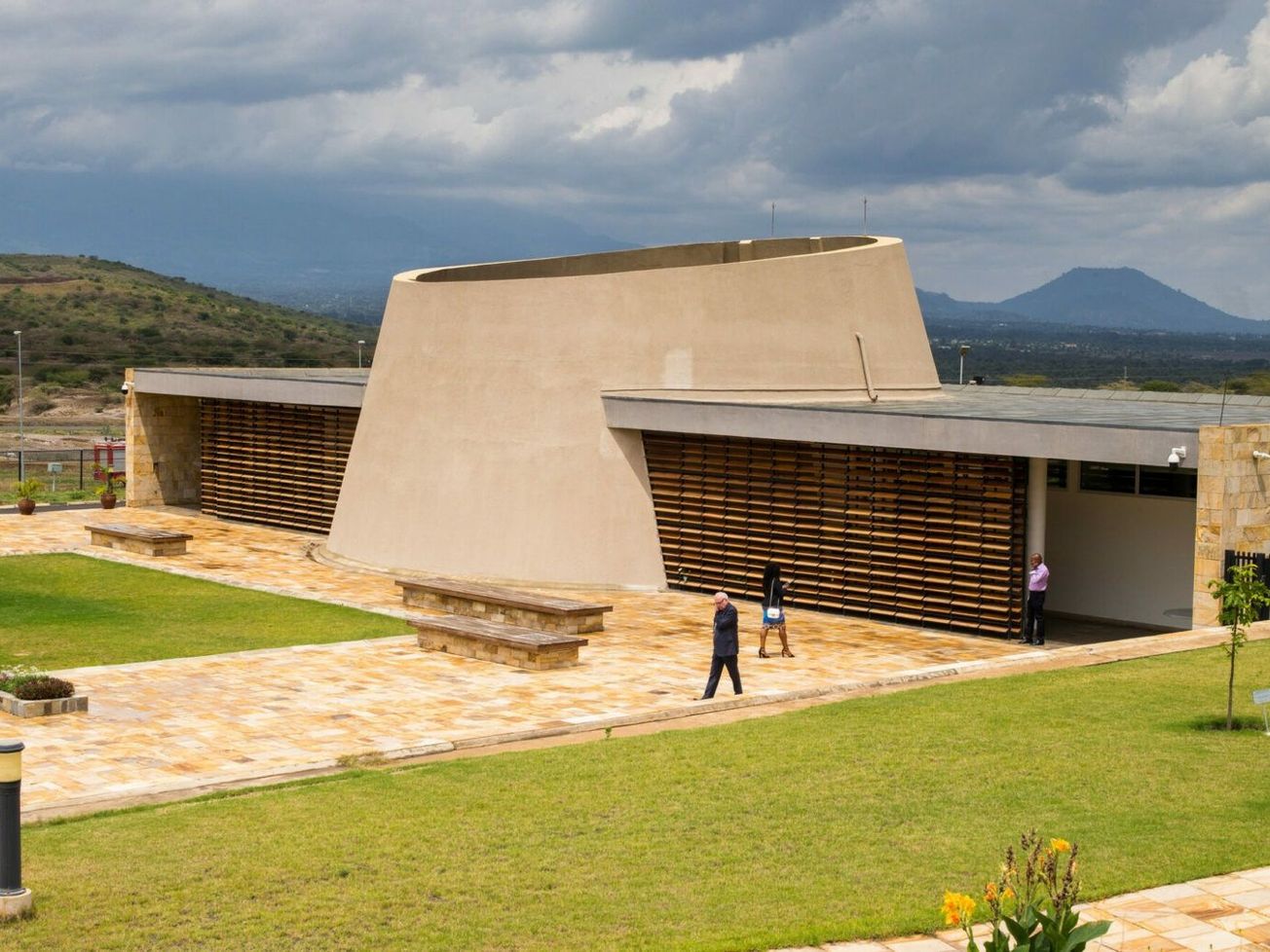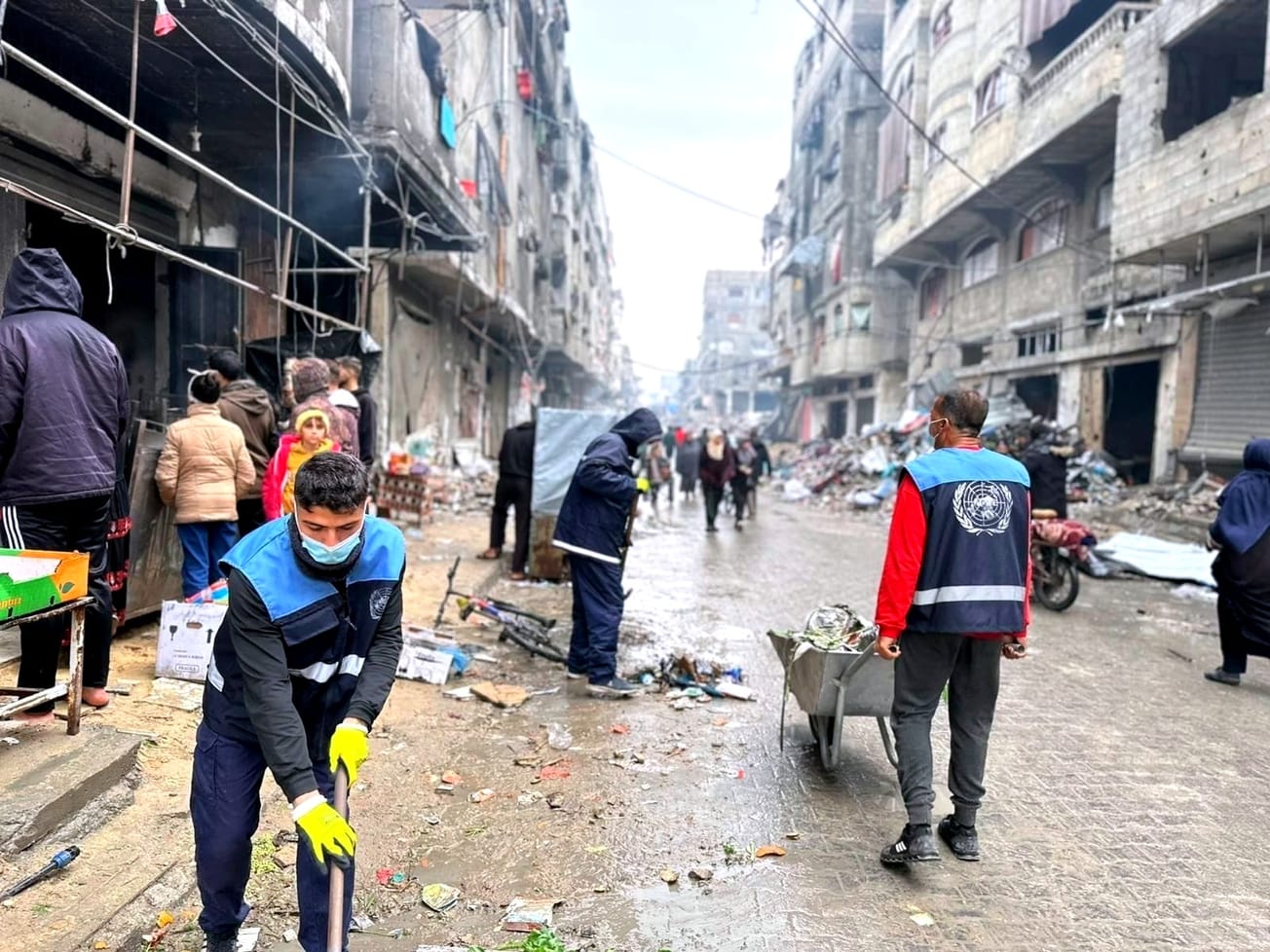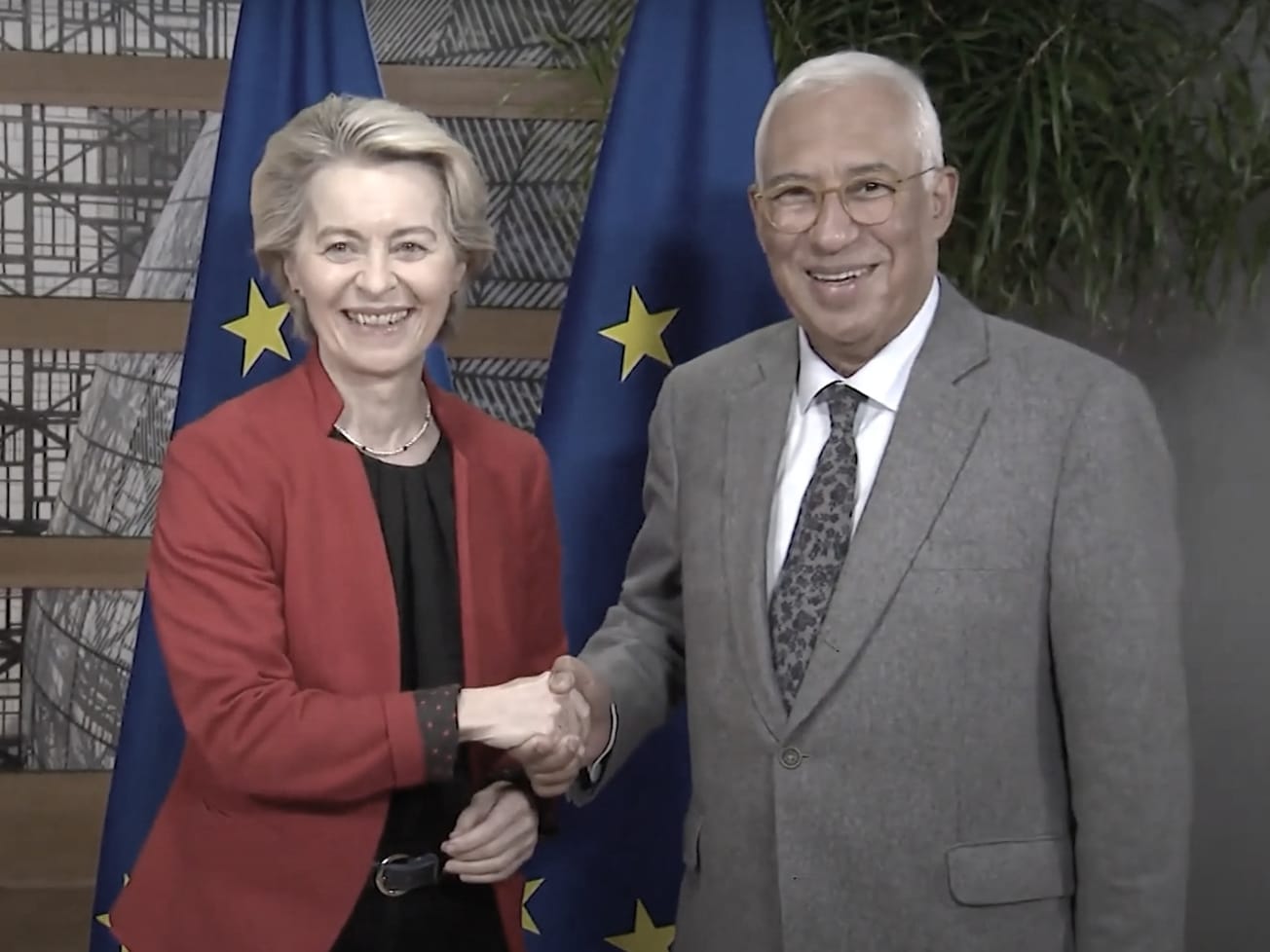After 25 years on the run, Félicien Kabuga, a high-profile fugitive in the 1994 Rwanda genocide, was arrested by police outside Paris to stand trial in a U.N. criminal court, French authorities said on Saturday.
Kabuga, a wealthy 84-year-old businessman who had a US$5 million bounty placed on him for his capture, stands accused of providing machetes to militias that carried out the genocide, and of broadcasting propaganda urging on the Hutu extremism that led to it.









